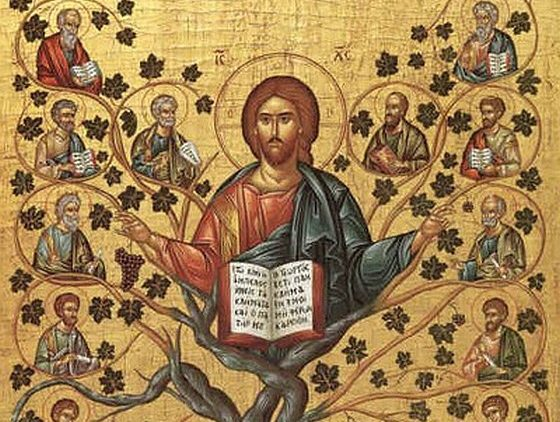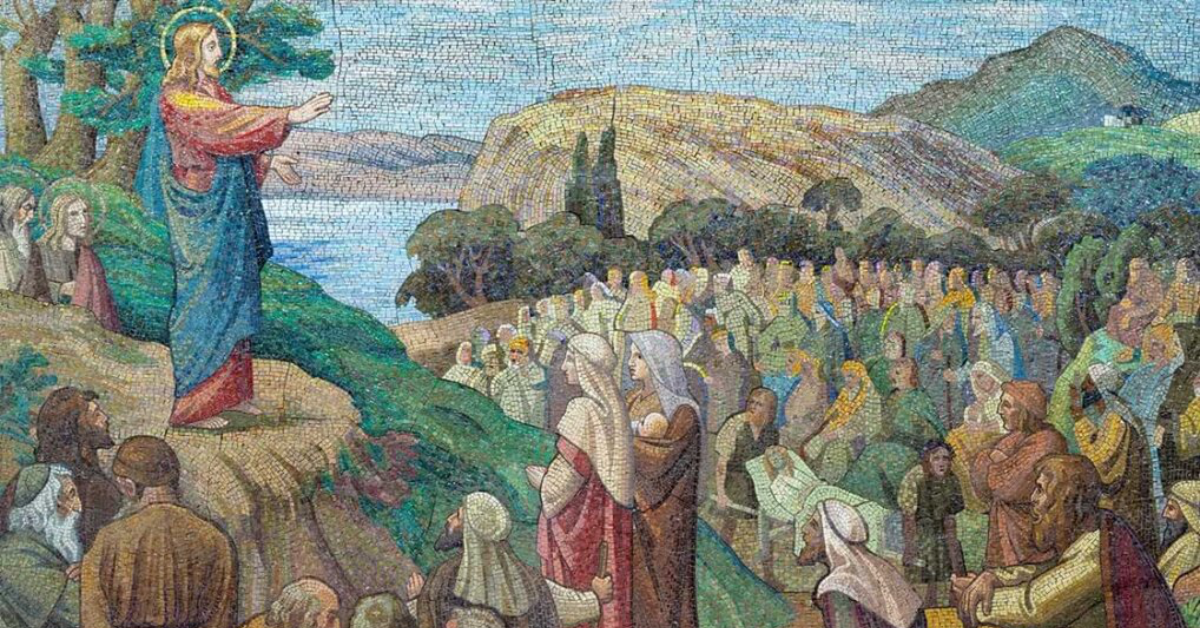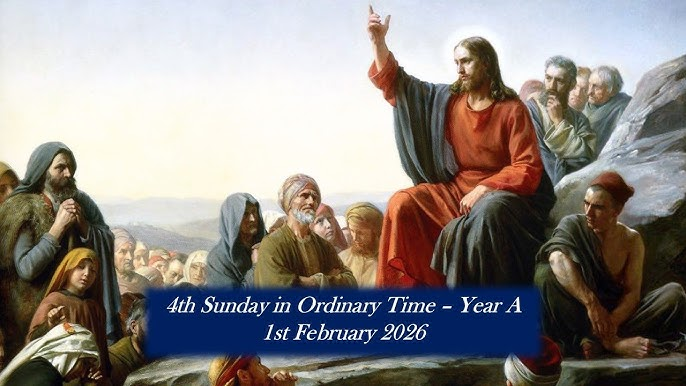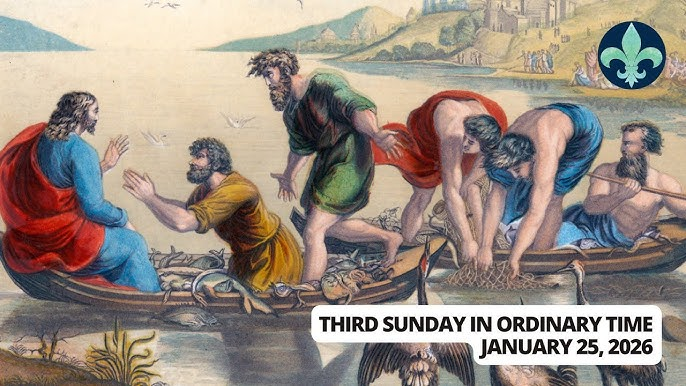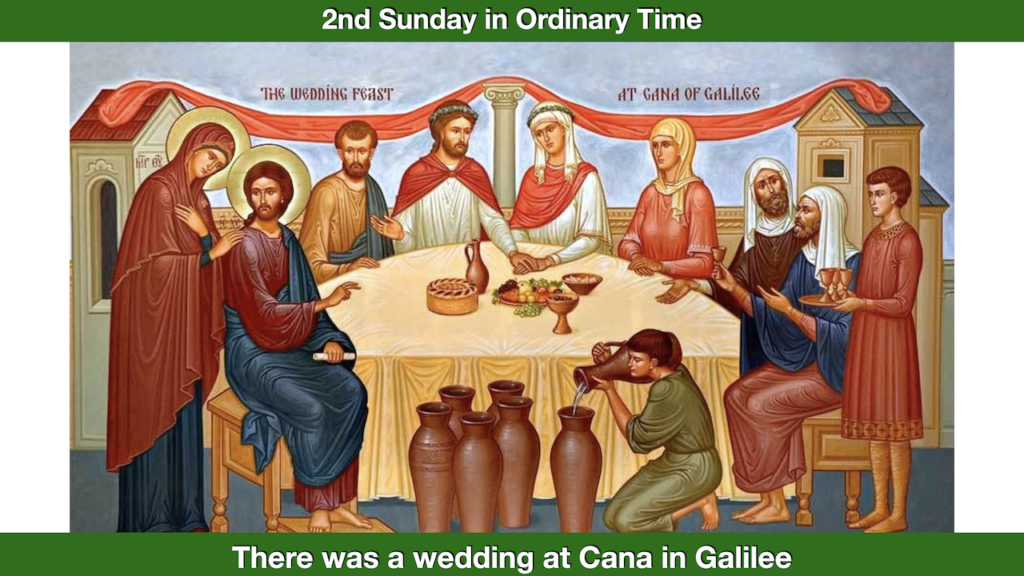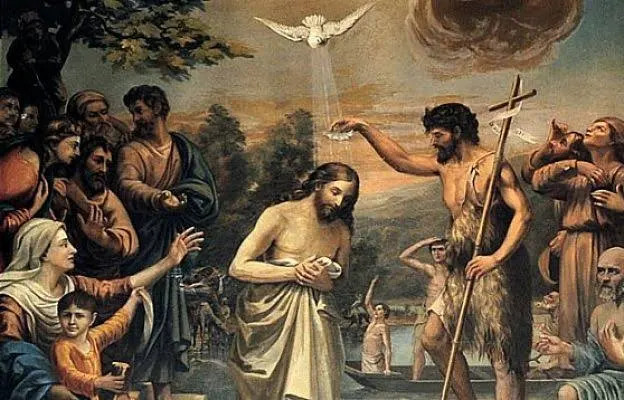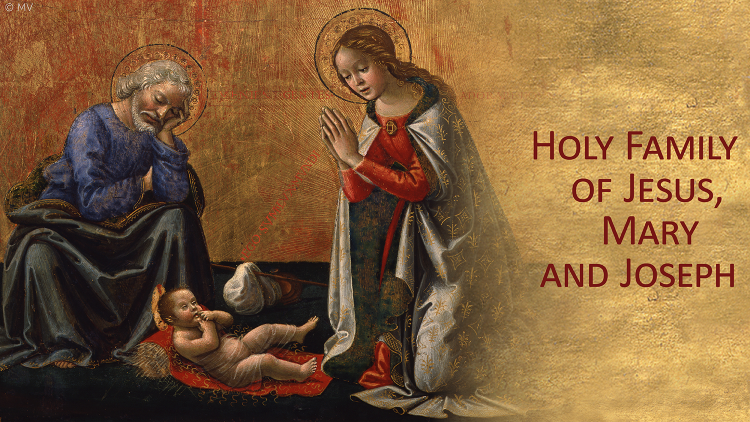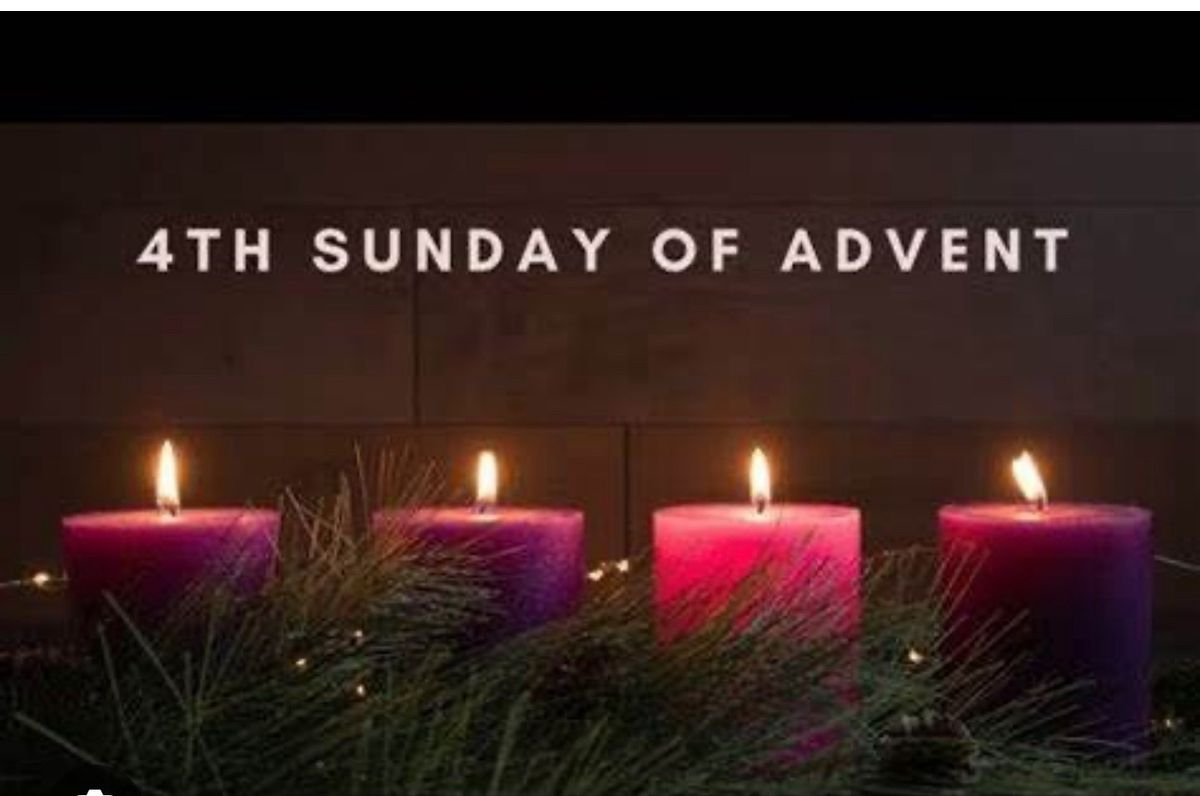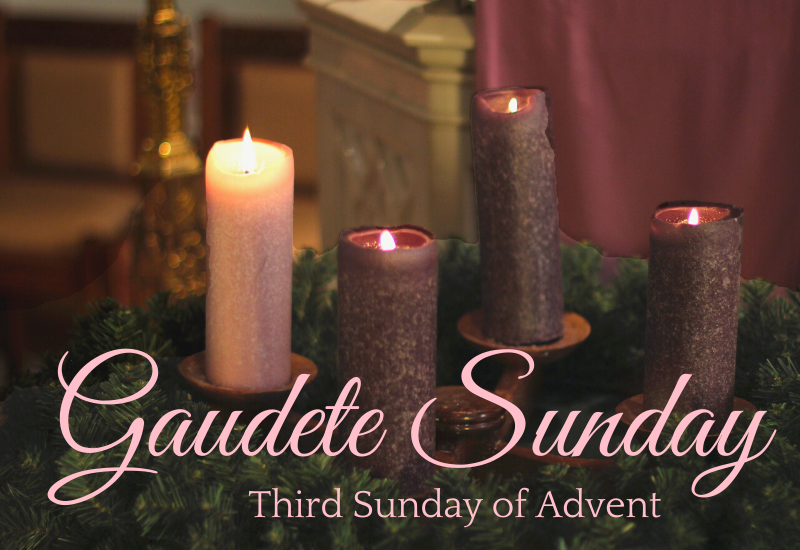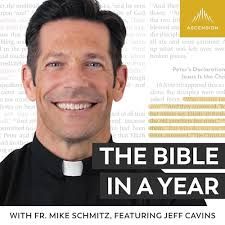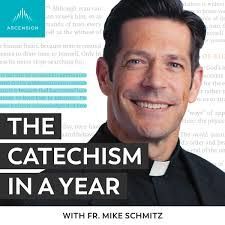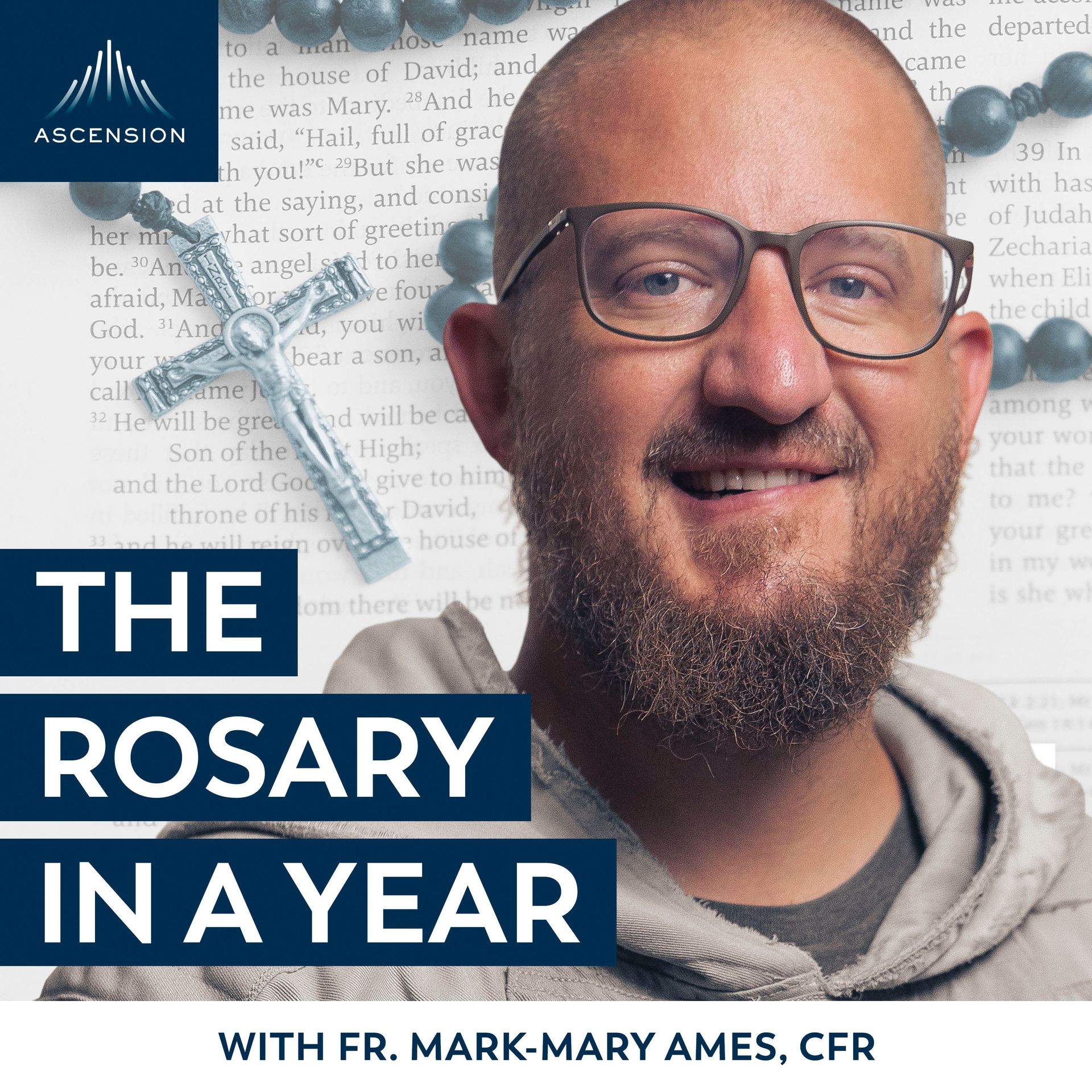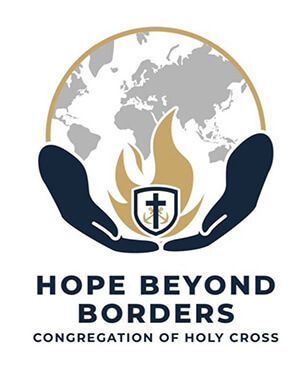Third Sunday in Ordinary Time, January 21, 2024
Dear Friends,
I am immensely grateful to all those who participated in the 40-Hour Adoration to mark the 150th Death Anniversary of Blessed Basil Moreau, the founder of the Congregation of Holy Cross, and also in the anniversary of the dedication of our beautiful sanctuary, which took place on 20 January 2018. Thank you also for joining us for the closing Thanksgiving Mass and the luncheon that followed. What a beautiful community we have! Thanks to all those who helped make these events possible. I know most of us are not familiar with Fr. Moreauand his legacy to the Congregation of Holy Cross and to the Universal Church. Fr. Vincent will share some highlights from the life of Fr. Moreau on the weekend to engender a greater appreciation of this holy man of God. I invite you to pray for any healing through the intercession of Fr. Moreau thatwill speed upthe processforhis canonization.
Have you yet seen the Exhibition on the Eucharistic Miracles compiled by the Holy Teen Sensation Blessed Carlos Acutis? If you have not yet visited this exhibition in Holy Cross Hall, please stop by -- it is breathtaking. You might certainly need more than one visit to absorb and relish the way God works through the Eucharist. I pray that this time of grace will help increase our faith in the Real Presence of Jesus in the Eucharist and enhanceour participation in our Eucharistic celebrations.
I make another plea to our married couples to attend the Marriage Enrichment retreat titled RE-FOCCUS on Saturday, 27 January 27th from 9 a.m. to 12 noon. Please donot miss the opportunity.
The highly anticipated International Festival is only two weeks away! Please make sure the event is marked on your calendar: 4 February 2024 . A lot of people have put in many, many hours to make this event a memorable one. Please help us by contributing a pack or case of bottledwaterand/or canned sodas for the event. Please dropthemoff in the lobbyofthe Parish Life Center, in the reception desk area.
This weekend we celebrate the 3rd Sunday in Ordinary Time. Pope Francis’ Motu proprio edict "Aperuit illis" (“opened to them” - see Luke 24:45), published on 30 September 2019, established that "the Third Sunday in Ordinary Time is to be devoted to the celebration, study and dissemination of the Word of God." In view of this, I once again appeal to you to listen to the Bible in a Year Podcast by Fr. Mike Schmitz, which has been relished by so many of our parishioners during the past two years. Congratulations to those who have already done this! I reiterate my I appeal to those who have not yet signed up to seriously consider doing so. It requires only 20 -25 minutes each day. And as we celebrate this Word of God Sunday, let’s remember our Lectors in our prayers. I extend to all those whose passion is to proclaim the Word our heartfelt thanks for their superb contribution toourliturgies.
On the occasion of the anniversary of the dedication of our church I am very happy to announce the creation of another new ministry called, “Children’s Mass Ministry” which caters to the children attending the 9 a.m. Mass on Sundays. I thank Kathy Drake and Shamir who helped in spearheading this ministry -- something close to my heart. I thank the core team of this ministry who will now take it to a new level of actively engaging our children at the Mass.
Let us now move forward with the Post-Synodal Apostolic Exhortation of Pope Benedict XVI entitled: Sacramentum Caritatis. Have a Blessed Week!
With love,
Fr. John
W e e k 27 — SA C R A M E N T U M C A R I T AT I S ( TH E SA C R A M E N T O F C H A R I T Y : T H E E U C H AR I ST )
CONTINUATION OF THE POST-SYNODAL APOSTOLIC EXHORTATION SACRAMENTUM CARITATIS OF THE HOLY FATHER BENEDICT XVI TO THE BISHOPS, CLERGY, CONSECRATED PERSONS AND THE LAY FAITHFUL ON THE EUCHARIST AS THE SOURCE AND SUMMIT OF THE CHURCH'S LIFE AND MISSION
P A R T T W O : T H E E U C H A R I ST — A M Y ST E R Y T O B E C E L E B R A T E D ( c on t i n u e d )
"Truly, truly, I say to you, it was not Moses who gave you the bread from heaven; my Father gives you the true bread from heaven" (Jn 6:32)
A EUCHARISTIC FORM OF CHRISTIAN LIFE, MEMBERSHIP IN THE CHURCH
- The importance of Sunday as the Dies Ecclesiae brings us back to the intrinsic relationship between Jesus' victory over evil and death, and our membership in his ecclesial On the Lord's Day, each Christian rediscovers the communal dimension of his life as one who has been redeemed. Taking part in the liturgy and receiving the Body and Blood of Christ intensifies and deepens our belonging to the one who died for us (cf. 1 Cor 6:19ff; 7:23). Truly, whoever eats of Christ lives for him. The eucharistic mystery helps us to understand the profound meaning of the communio sanctorum. Communion always and inseparably has both a vertical and a horizontal sense: it is communionwith God and communion with our brothersand sisters. Both dimensionsmysteriously convergein the gift ofthe Eucharist.
"Wherever communion with God, which is communion with the Father, with the Son and with the Holy Spirit, is destroyed, the root and source of our communion with one another is destroyed. And wherever we do not live communion among ourselves, communion with the Triune God is not alive and true either."(215) Called to be members of Christ and thus members of one another (cf. 1 Cor 12:27), we are a reality grounded ontologically in Baptism and nourished by the Eucharist, a reality that demands visible expression in the life of our communities.
The eucharistic form of Christian life is clearly an ecclesial and communitarian form. Through the Diocese and the parish, the fundamental structures of the Church in a particular territory, each individual believer can experience concretely what it means to be a member of Christ's Body. Associations, ecclesial movements and new communities – with their lively charisms bestowed by the Holy Spirit for the needs of our time – together with Institutes of Consecrated Life, have a particular responsibility for helping to make the faithful conscious that they belong to the Lord (cf. Rom 14:8). Secularization, with its inherent emphasis on individualism, has its most negative effects on individuals who are isolated and lack a sense of belonging. Christianity, from its very beginning, has meantfellowship, a networkof relationships constantly strengthened by hearing God's word and sharing in the Eucharist, and enlivened by the Holy Spirit.
SPIRITUALITY AND EUCHARISTIC CULTURE
- Significantly, the Synod Fathers stated that "the Christian faithful need a fuller understanding of the relationship between the Eucharist and their daily Eucharistic spirituality is not just participation in Mass and devotion to the Blessed Sacrament. It embraces the whole of life." (216) This observation is particularly insightful, given our situation today. It must be acknowledged that one of the most serious effects of the secularization just mentioned is that it has relegated the Christian faith to the margins of life as if it were irrelevant to everyday affairs. The futility of this way of living – "as if God did not exist" – is now evident to everyone. Today there is a need to rediscover that Jesus Christ is not just a private conviction or an abstract idea, but a real person, whose becoming part of human history is capable of renewing the life ofevery man and woman. Hencethe Eucharist, as the source and summit of the Church's life and mission, must be translated into spirituality, into a life lived "according to the Spirit" ( Rom 8:4ff.; cf. Gal 5:16, 25). It is significant that Saint Paul, in the passage of the Letter to the Romans where he invites his hearers to offer the new spiritual worship, also speaks of the need for a change in their way of living and thinking: "Do not be conformed to this world but be transformed by the renewal ofyour mind, that you may prove what is the will of God, what is good and acceptable and perfect" (12:2). In this way the Apostle of the Gentiles emphasizes the link between true spiritual worship and the need for a new way of understanding and living one's life. An integral part of the eucharistic form of the Christian life is a new way of thinking, "so that we may no longer be children tossed to and fro and carried about with everywindof doctrine" (Eph 4:14).
THE EUCHARIST AND THE EVANGELIZATION OF CULTURES
- From what has been said thus far, it is clear that the eucharistic mystery puts us in dialogue with various cultures, but also in some way challenges (217) The intercultural character of this new worship, this logiké latreía , needs to be recognized. The presence of Jesus Christ and the outpouring of the Holy Spirit are events capable of engaging every cultural reality and bringing to it the leaven of the Gospel. It follows that we must be committed to promoting the evangelization of cultures, conscious that Christ himself is the truth for every man and woman, and for all human history. The Eucharist becomes a criterion for our evaluation of everything that Christianity encounters in different cultures. In this important process of discernment, we can appreciate the full meaning of Saint Paul's exhortation, in his First Letter to the Thessalonians , to "test everything; and hold fast towhat is good"(5:21).
(216) Propositio39.
(215) Benedict XVI, General Audience of 29 March 2006:L'Osservatore Romano, 30 March 2006, p. 4.
(217) Cf. Relatio post disceptationem, 30:L'Osservatore Romano, 14 October 2005, p. 6
